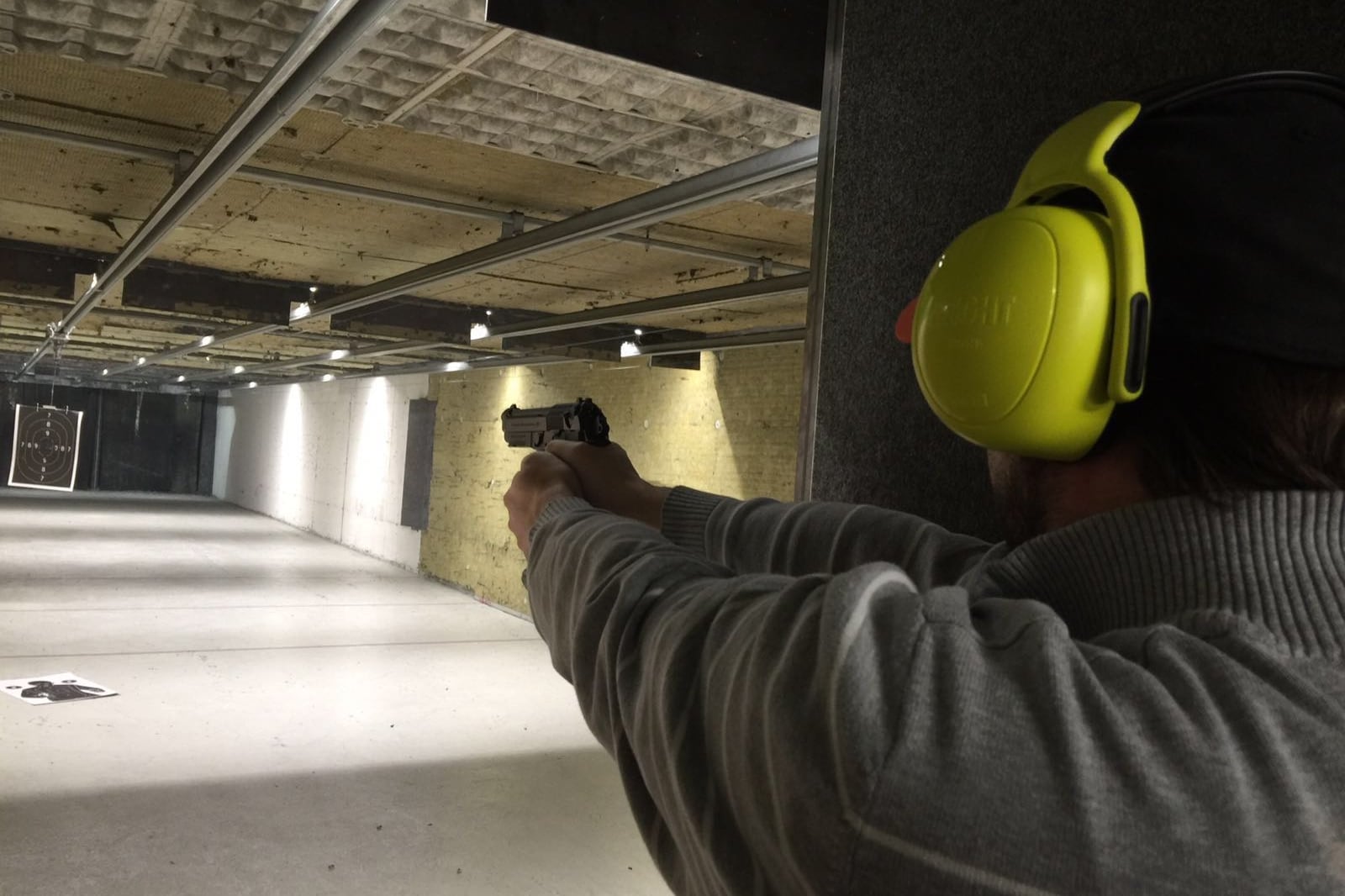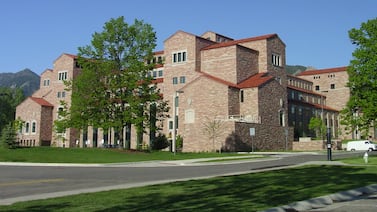Legislation to let some teachers carry firearms in Tennessee public schools advanced Wednesday in the House as state lawmakers and citizens clashed over the best way to protect students after last week’s deadly school shooting in Nashville.
The proposal would let a teacher or staff member carry a concealed handgun at school after completing 40 hours of certified training in school policing at their own expense, as well as passing a mental health evaluation and FBI background check.
The 12-6 vote in the Education Administration Committee came with one member present but not voting: Republican Rep. Kirk Haston, who works for Perry County Schools.
It would be up to the local district whether to let teachers go armed under the legislation sponsored by Rep. Ryan Williams of Cookeville and Sen. Paul Bailey of Sparta, both Republicans.
Williams said the principal and district director would be notified who in their schools are authorized to carry, as would their local law enforcement agencies. But the school’s parents and students would not be notified under his legislation, which runs counter to the GOP’s emphasis on parental rights and notification in other areas of education such as curriculum and library materials.
The development in Tennessee comes more than a week after an armed intruder shot and killed three 9-year-old children and three adult staff members at The Covenant School, a private Christian school with about 200 students in Nashville’s Green Hills community. As gun violence at schools has spiked over the last few years, educators nationwide have grappled with how to address acute safety concerns without militarizing their campuses or ignoring the rights of students, their parents, and educators.
According to the National Conference of State Legislatures, at least 29 states allow individuals other than police or security officers to carry guns on school grounds.
Most Tennessee parents say school-based gun violence is one of their top concerns, but significantly fewer agree that schools are safer when teachers are armed, according to the latest poll conducted by the Vanderbilt Center for Child Health Policy.
Williams told the committee that his bill is permissive.
“If your district and your local law enforcement agency does not want to participate, they simply do not have to do that,” he said. “But if you’re from a small rural district where resources are limited and you don’t have the ability to provide [school resource officers] for your community or an SRO at all, this would give you an opportunity to find a different pathway.”
Even if the Tennessee bill clears the full House, it’s not likely to pass in the Senate this year.
Bucking gun control advocates who have called for an urgent response to the tragedy, the Senate Judiciary Committee voted Tuesday to defer all gun-related legislation — including the companion bill to let teachers go armed — until 2024, the second year of the legislature’s two-year session. Chairman Todd Gardenhire, a Republican from Chattanooga, said he didn’t want to rush legislation as the city mourned the victims and police continued their investigation.
Emotions have been running high about the issue, including at the state Capitol.
Williams’ House bill would apply to public schools but not schools such as Covenant, which is a ministry of the Presbyterian church that sits on the same campus. Staff at Tennessee private schools already have the option to let some staff go armed if their administrators approve.
During Wednesday’s debate, people spoke passionately for and against the policy proposal. Here’s a sampling of what we heard:
“If more guns in more places made us safer, we’d be the safest state on the planet, and we’re not.” — Jason Sparks, Nashville parent, representing Moms Demand Action for Gun Sense in America, which opposes the bill
“The greatest benefit, I believe, in this bill is it allows our local [districts] to put a sign outside the front of their schools that says there may be someone in this facility that carries a concealed weapon. … Deterrents are the greatest asset we have.” — Rep. Ryan Williams, R-Cookeville, the House bill’s sponsor
“It’s terrifying to know that I could go to school and not know who has a firearm.” — Keernan Reed, student, Hillwood High School in Nashville
“If you think that we’re going to have an SRO in every one of our schools tomorrow, you’re fooling yourself. … Folks, that’s four to five years away that your children will be at risk.” — Rep. Scott Cepicky, R-Culleoka, who voted for the bill
“This approach may harm the very ones that we say that we are trying to protect — harm that comes when someone overpowers a teacher, takes their gun, or a young teacher is mistaken for an active shooter by a law enforcement officer, a teacher losing their cool with a student and aiming a gun as a threat or worse.” — Krista Westerfelt, mother of three children, who opposes the bill
“I’ve checked with one of my school superintendents in my district, and he’s for this bill.” — Rep. Todd Warner, R-Chapel Hill, who voted for the legislation
“As I looked at the [police] body camera footage [from the Covenant School shooting], these men were extremely nimble, tactical, and they took that building systematically and left no stone unturned. This is not easy work in terms of the training and preparation.” — Rep. Sam McKenzie, D-Knoxville, who voted against the bill
“According to Giffords Law Center, armed adults frequently mishandle guns in schools. Their study shows that there have been nearly 100 publicly reported incidents of mishandled guns in schools over the last five years, including a case where a teacher unintentionally fired a gun in class during a safety demonstration, and a loaded gun falling out of a teacher’s waistband while on the playground.” — The Education Trust in Tennessee, in an April 5 letter to House Education Committee members asking them to oppose the bill
You can track the bill on the General Assembly’s website.
Marta W. Aldrich is a senior correspondent who covers the statehouse for Chalkbeat Tennessee. Contact her at maldrich@chalkbeat.org.





